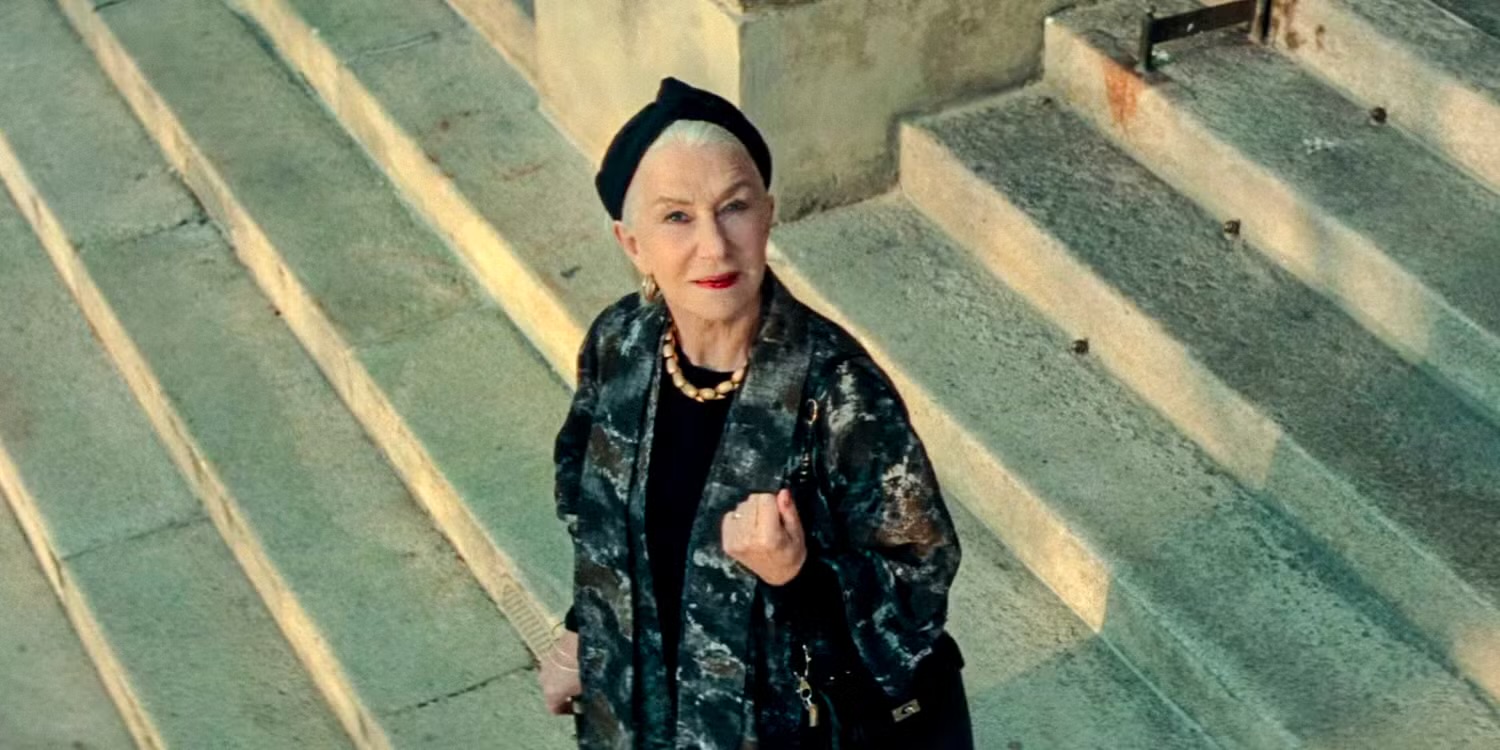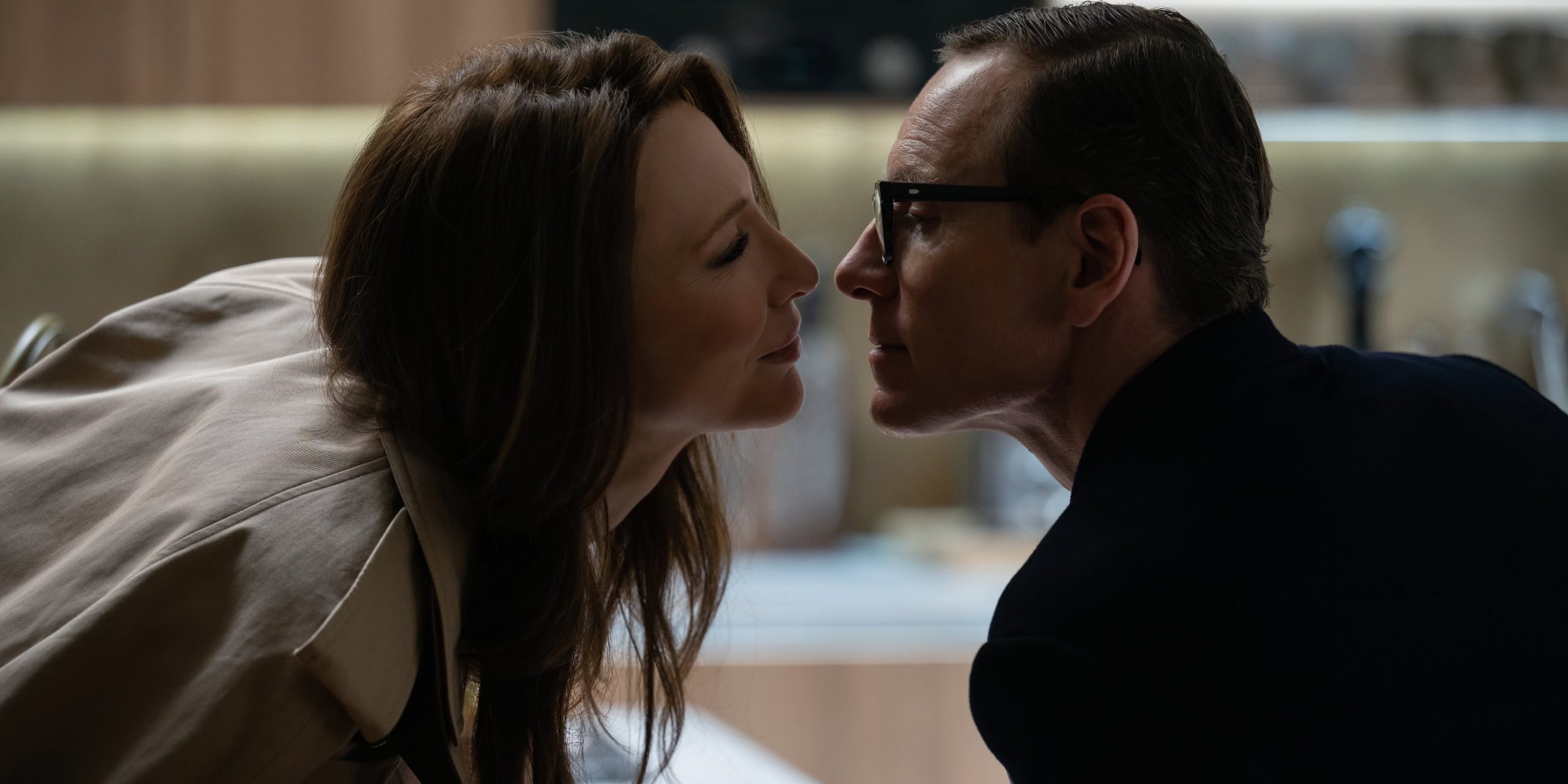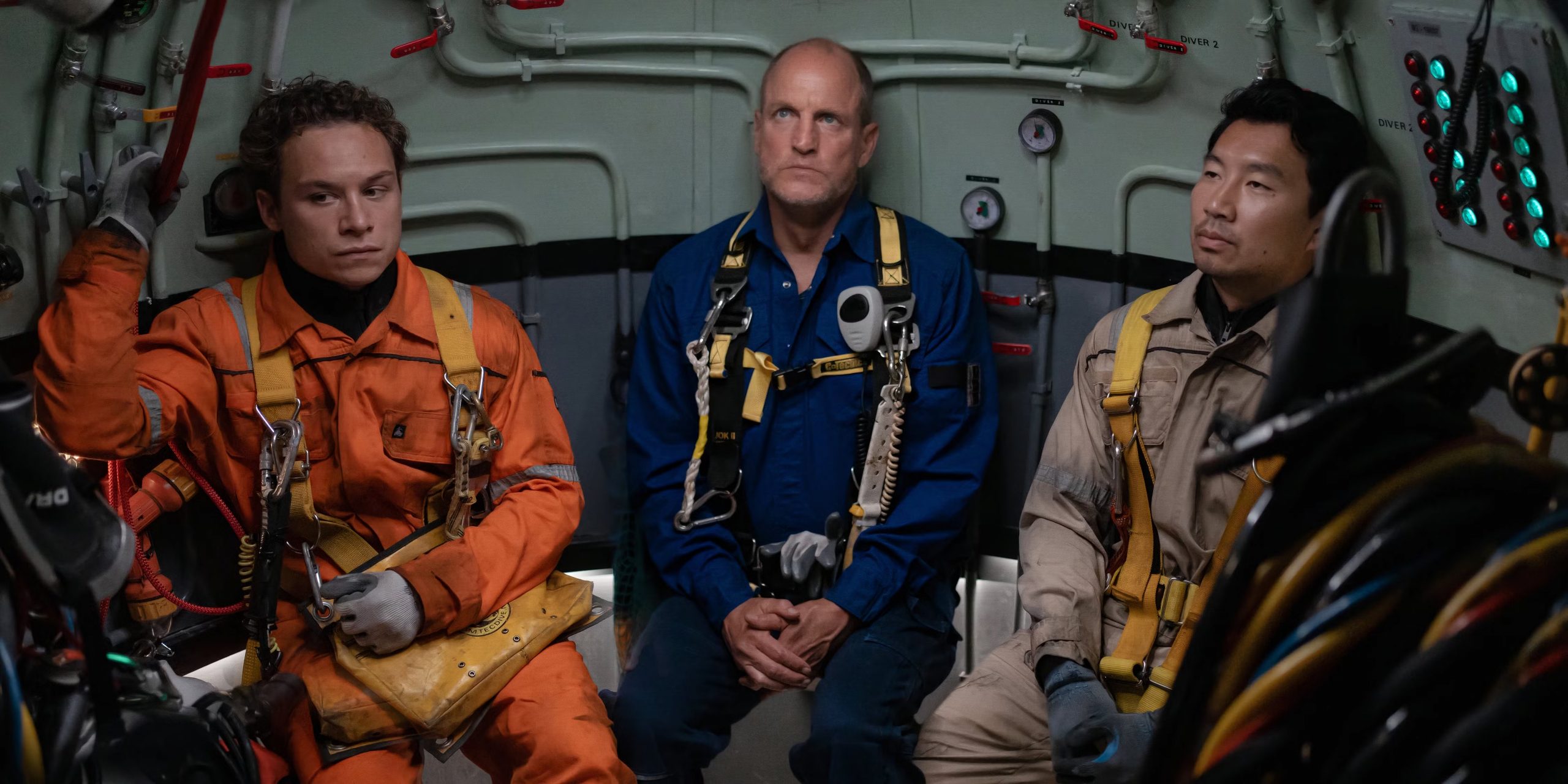White Bird

It would be best to consider this a spiritual sequel to the 2017 film Wonder, which showed a kind-hearted boy bullied in middle school because he had a facial deformity. Both are adaptations of novels written by R.J. Palacio. Director Marc Forster (of The Kite Runner and Finding Neverland fame) follows the story of Julian (Bryce Gheisar), who was expelled at the end of that movie for his cruelty. Here we see him at a new school on his first day, sitting at the “Loser’s Table” in almost complete isolation from the rest of his classmates. However, he is approached by one kid who invites him to join the popular crowd, and he declines.
His visiting grandmother Sara (Helen Mirren), who has travelled from Paris to New York for the opening of her art show at the Met, talks with him about his troubles. While having tea together, she tells him about her childhood as a young Jew growing up in Nazi-occupied France during World War II. In this way, Forster provides us with the same framing device used by James Cameron for Titanic. The older woman narrates as we watch her younger self (Ariella Glaser) attend a Christian school and behave like a spoiled rich brat who bullies others, especially Julien (Orlando Schwerdt), a classmate left crippled by polio.
I doubt that it’s a coincidence that the two boys in the past and present share the same name. Furthermore, this takes place in the world of Wonder, with both stories featuring central characters with disabilities. Here, Julien is the kindly, humble and brave soul who relies on a crutch to walk. He also has a crush on the central girl and assists her when she is forced into hiding as Nazis capture more Jews. They even recruit young men from the school who volunteer their assistance. But he hides her in his family’s barn, where she has the best chance of survival. As the time passes, Sara comes to regret the way she has treated him, and eventually develops romantic feelings for him as well. The titular bird here is symbolic of hope for her even in the darkest hour.
While Wonder had its fair share of difficult scenes, it was easily more family friendly. The backdrop of the war means that death and danger are ever-present here, even with plenty of kindness on display. We are shown several sorts of bullies here: the ones in class that antagonize poor Julien and also torment Sara with antisemitism. It goes without saying that the Nazis are the worst and clearly the most dangerous. The script by Mark Bomback keeps us on edge, even at its most predictable.
Fortunately, as with Titanic, we are provided with a conclusion in present day that is uplifting and touching. Mirren’s final speech may verge on Spielbergian sentimentality, but it is welcome after the intensity of the story. As was true of Wonder, the performances across the board–most notably from the young stars, who are central to the film–are marvelous. That is taking nothing away from Mirren, of course, who is fabulous in her limited screentime. The Czech Republic locales are beautiful, as Forster captures the changing of the seasons throughout.
Even if you have never seen Wonder, or read Palacio’s books, I highly recommend this one. It largely works as a standalone film, and there is a lot to love here. Forster certainly knows how to direct a compelling story. White Bird not only flies, but soars.
Rated PG-13
2 hours





Post Comment